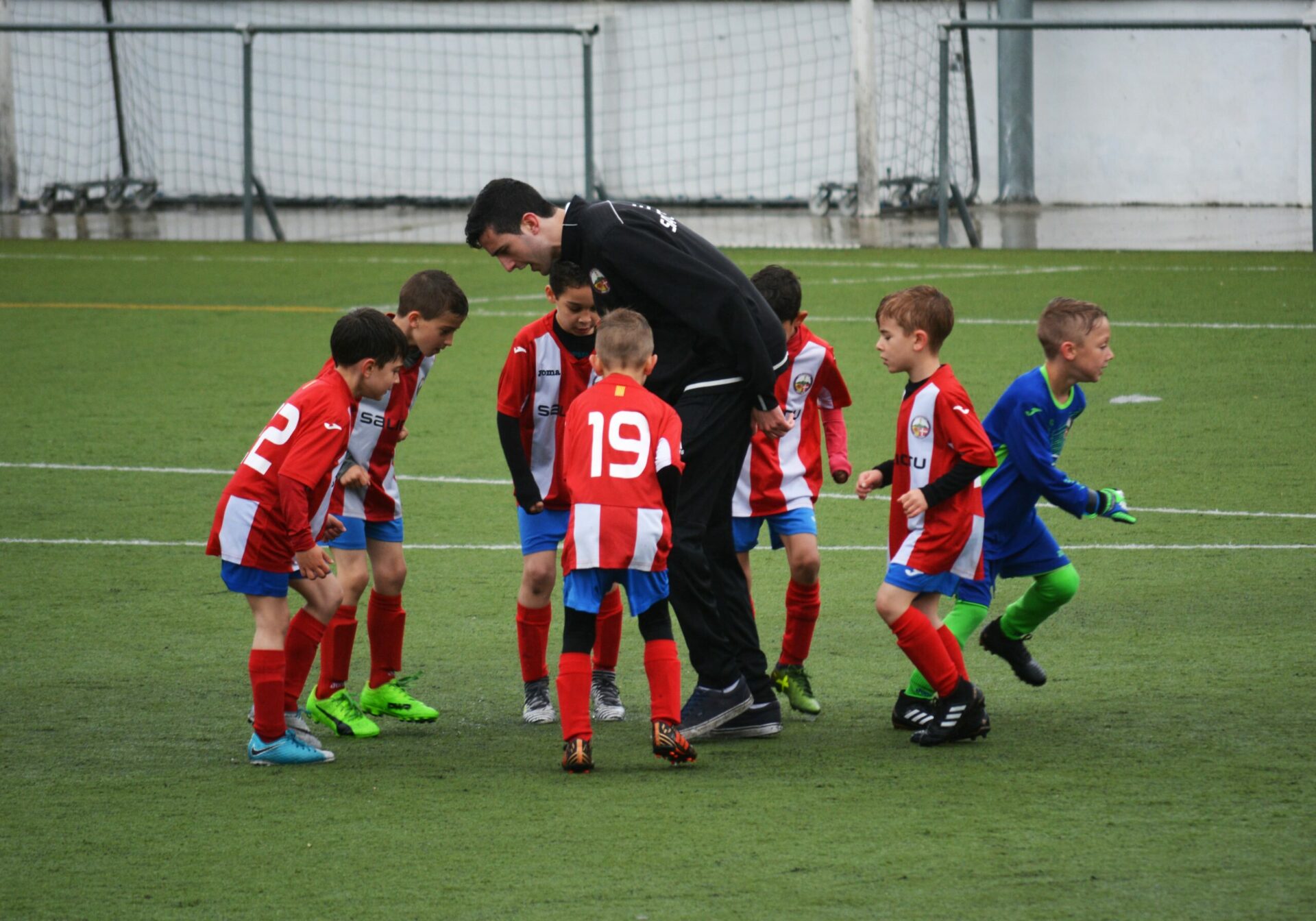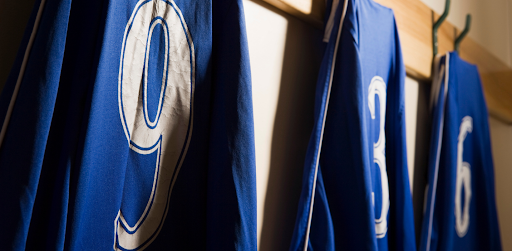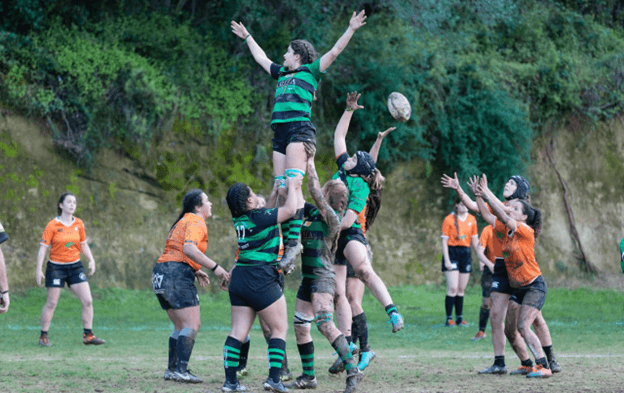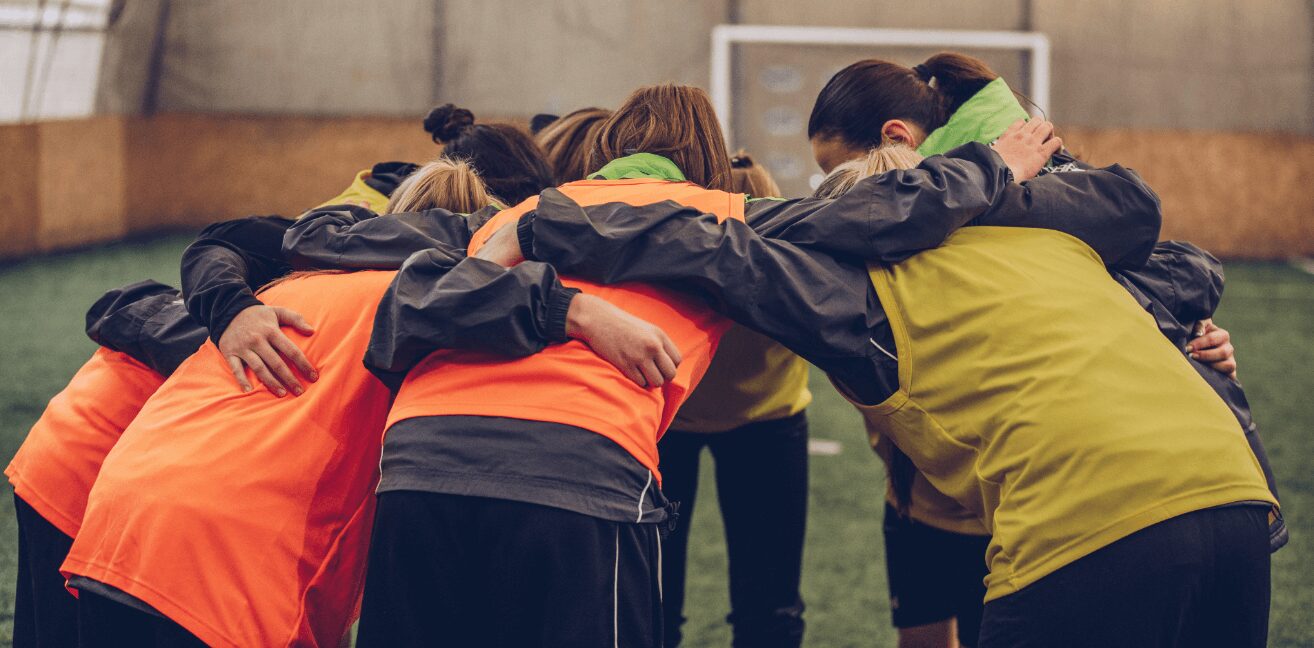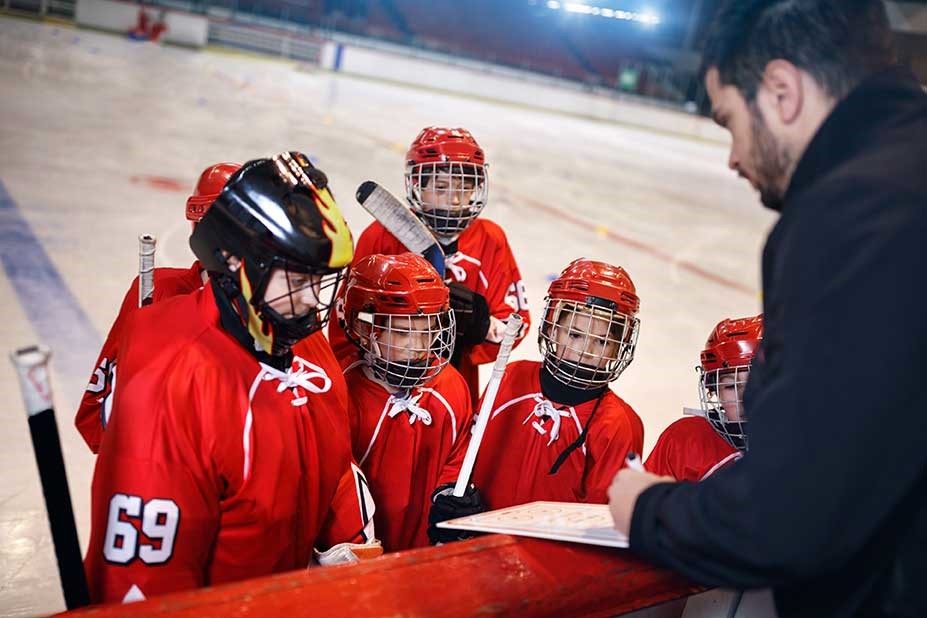
Tips
Hockey Evaluation Tips
Some of the greatest hockey players in history such as Wayne Gretzky and Gordie Howe admitted to being nervous before games. In fact, Hall of Fame goaltender Glenn Hall used to throw up as if it was a ritual before skating onto the ice each night. These were players who laced up their skates thousands of times during their lifetime and still got butterflies, so it’s understandable why minor hockey players may feel the same way when going through on-ice evaluations.
There’s no denying some youngsters are simply more skilled than others, but you can refuse to be outworked on the ice by giving your maximum effort at all times. No matter what the cliches may say, nobody can give more than 100 per cent and that level of effort will often even out the playing field for lesser skilled players.
If you happen to have evaluations scheduled in the future, these are a few tips which may help you relax and get through the process to the best of your ability.
While all the hockey basics such as skating, passing and shooting are covered in evaluations there are also some other intangibles you can work on beforehand such as your overall physical condition and attitude. You’ll have to prove your skills to the evaluators in a relatively short time so you need to be well rested and prepared.
Skating
Not all great skaters make great hockey players, but it is one of the main skills evaluators look for. If you’re able to skate well, including forwards, backwards, stopping, starting, and turning etc, the rest of the game should come easier to you. The best skaters usually win the all important races to loose pucks and can maneuver in and out of tight situations. If you have the time to work on and improve in just one area of the game before tryouts skating would top the list.
Fundamentals
Hockey consists of several other fundamentals such as giving and receiving passes, puck control, stickhandling and checking. These areas should also be practised as often as possible until you can master them all while skating at top speed.
Attitude and Effort
A player’s attitude and the way he/she interacts with their teammates is also important. You can’t just rely on your skill without putting in any effort. You may have made the team last year and enjoyed a fine season, but you can’t rest on your laurels. Whatever you achieved the previous season won’t guarantee a spot on the squad this year. You need to prove your worth each time you take the ice. There may be several newcomers trying out this year and they’ll be giving it their all to make the team which is why you can’t just show up and go through the motions. Be sure to treat the other players in the tryout with respect and help them as much as possible. It’s also important to listen closely to instructions to show the evaluators that you’re eager to learn and are coachable.
Play Both Ends
Everybody likes to score goals, but don’t forget a hockey rink consists of of three different zones. It’s important to show you’re capable of and eager to take care of your own end and the neutral zone as much as you are the offensive zone. All areas of the ice are important so don’t slack off when it comes to your defensive responsibilities. If you play your position well you’ll have a good chance of making the right choice when you have the puck and will provide your teammates a passing outlet.
Be Prepared
While “Be Prepared” may be the motto of the Boy Scouts, they’re also two important words hockey players should take to heart. Be sure to get plenty of rest before the evaluation and have all of your equipment ready before heading to the rink. The last thing you want to do is get to the dressing room and realize you’ve left your skates at home. Take the time to look everything over and make sure your sticks are taped and skates are sharp enough etc. You need to focus on the tryout and don’t want anything to distract you while getting ready. Being prepared also means you’ve properly taken care of your nutritional needs and haven’t downed a Big Mac on the way to the rink.
Show Character
Everybody makes mistakes. Just watch any NHL game and you’ll quickly realize nobody’s perfect on the ice. If you do happen to mess up during a tryout, perhaps by missing a pass, be sure to push yourself and chase after the puck rather than show your frustration. Making mistakes is part of the game, but showing how you react to them can set you apart from the others. Simply dig your heels in and carry on. If you become frustrated, the chances are you won’t perform very well.
Pay Attention/Ask Questions
You’ll need to execute numerous drills during a tryout so make sure you’re listening and fully understand what’s expected of you. If there’s anything you have difficulty understanding don’t be afraid to have it explained to you before attempting the drill. You don’t want to mess up a drill because you weren’t paying attention or were too shy to ask for clarification.
Work Ethic and Intensity
When you’re on the ice you should be willing to give it your best effort at all times. For instance, don’t take it easy when skating to the bench while changing lines on the fly. Move your feet and get there as quickly as possible so your replacement can immediately get into the play. If you’re not giving it maximum effort you’re team may be called for too many men on the ice. In fact, skate as hard as you can at all times, including between drills and when the evaluator calls you over.
Mental Toughness
Tryouts will go a lot better if you’re comfortable, confident and relaxed rather than worried about making a mistake. Remember, hockey is just as much a mental game as it is a physical one. Stick with what works when it comes to rest, nutrition and other habits. Don’t go changing your successful routine for tryouts. Focus on what you do best and don’t stress over things you can’t control. Hockey is a game of actions and reactions so just do what comes naturally to you while on the ice. And most importantly, have fun and learn as much as you can from the experience.


